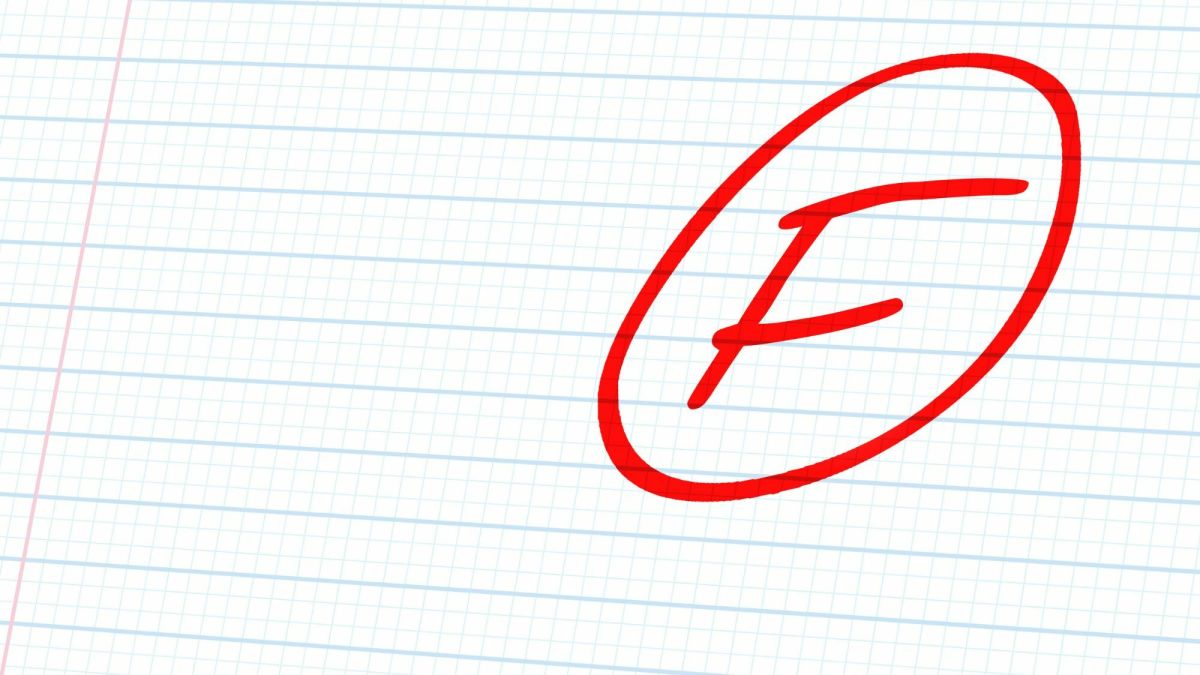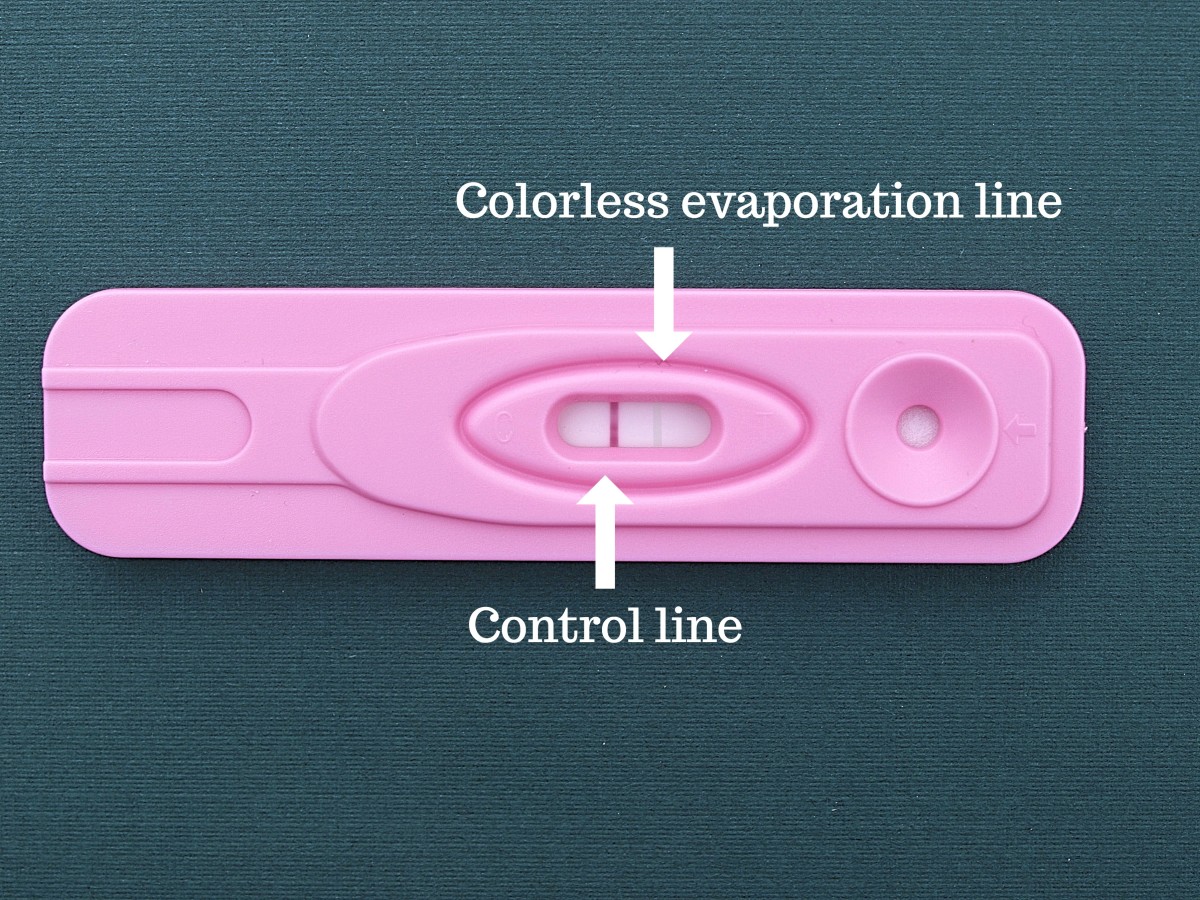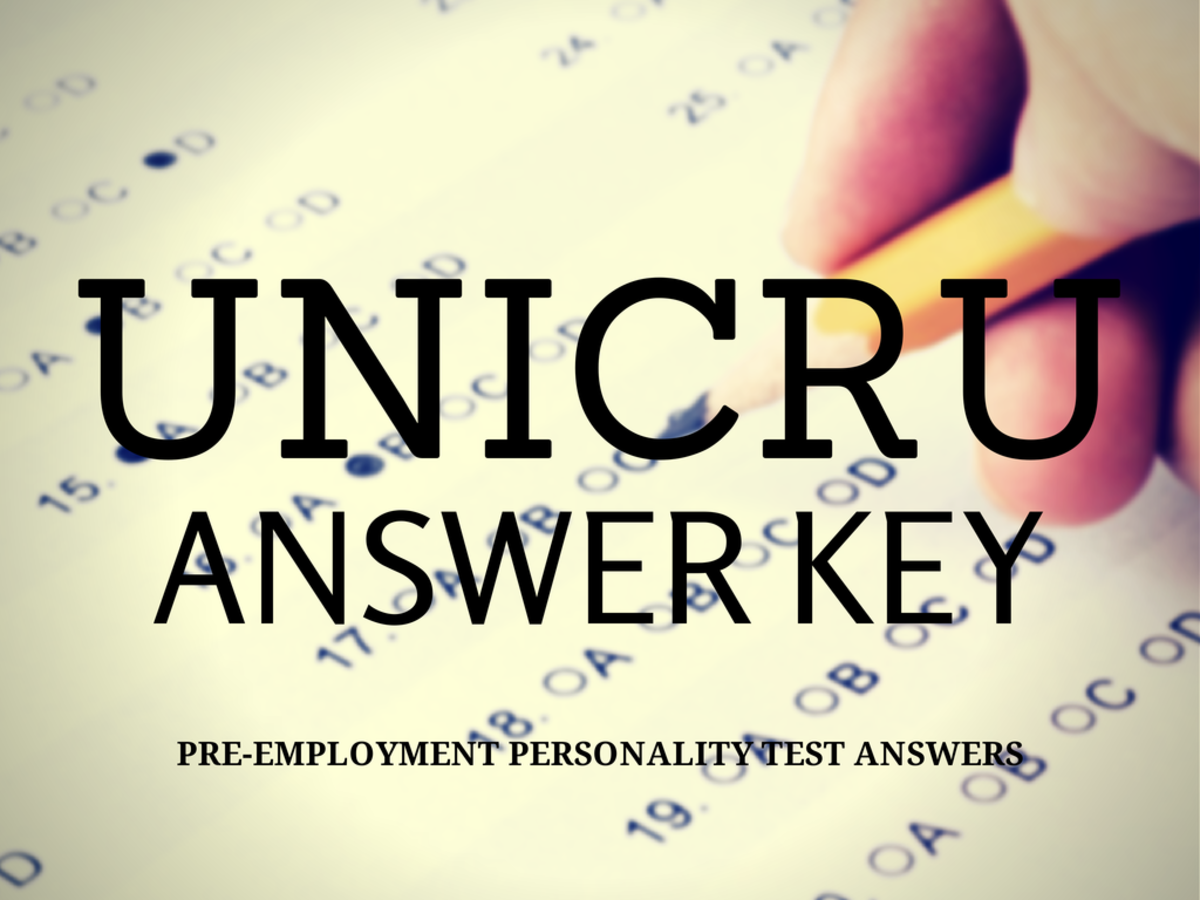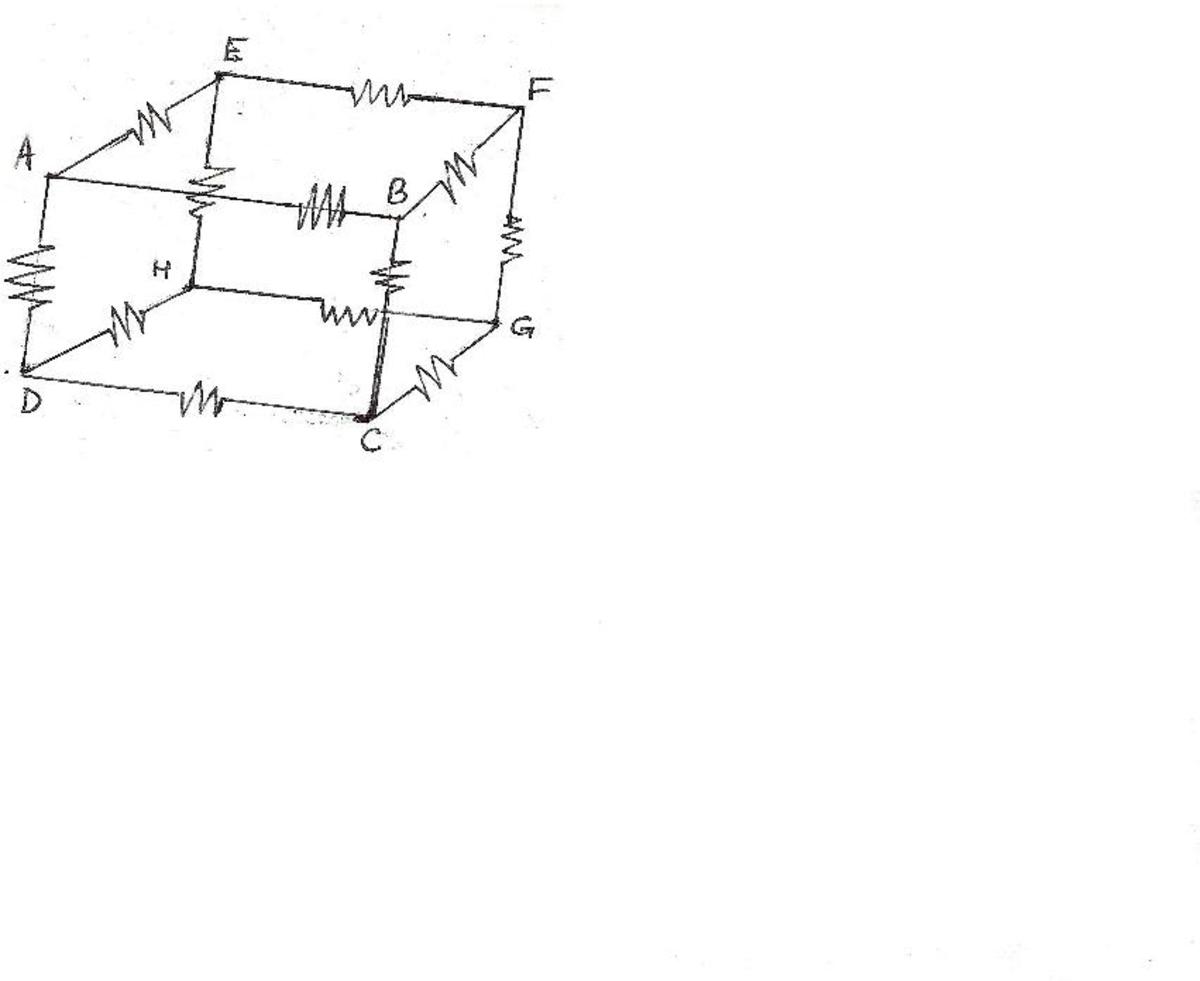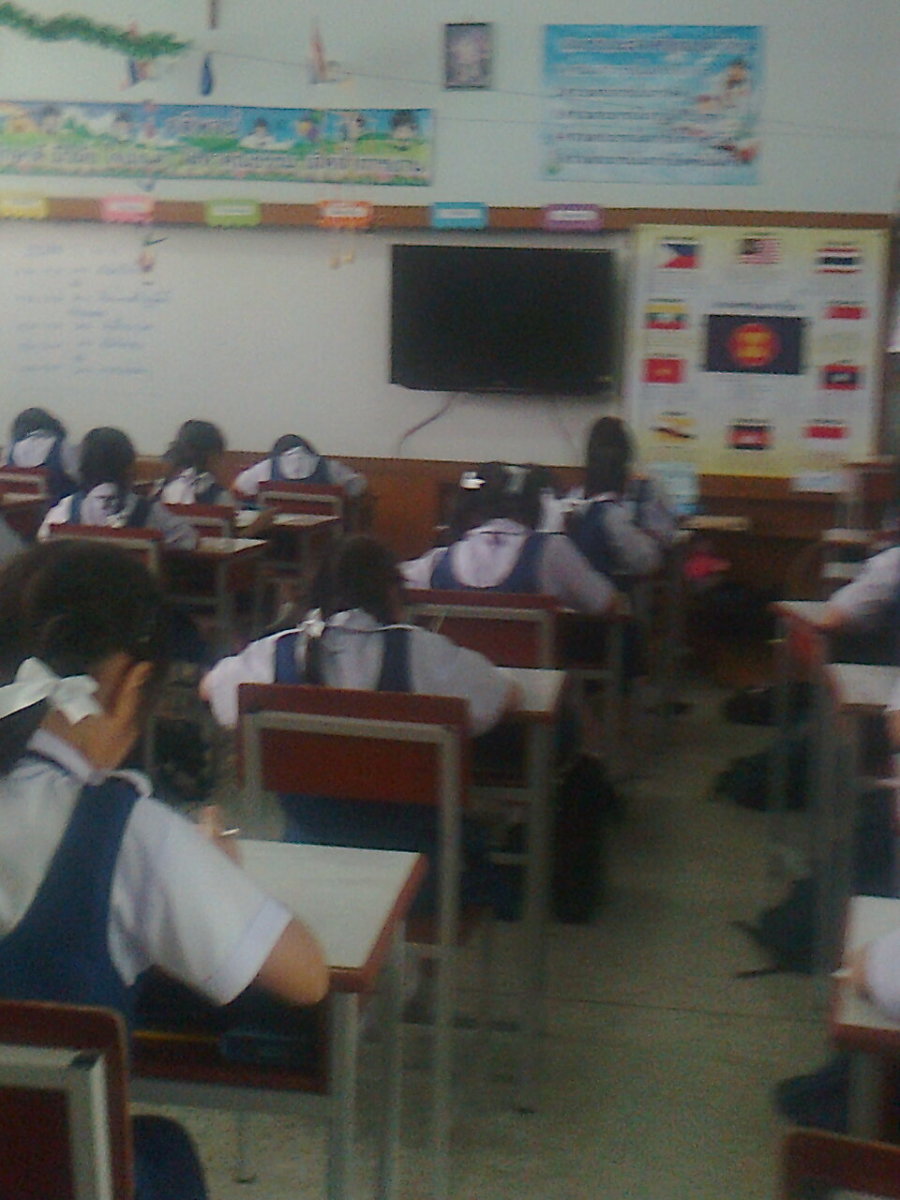The new formula for IIT JEE and its implications
The scene which existed before the new formula
The earlier formula suggested by the government said, in some way or the other, that 40-50% weightage could be given to class 12th board exam results and there would be only one engineering entrance test for all. HRD ministry wanted to adhere more importance to board exam which, hither to, was somewhat neglected by serious IIT and NIT aspirants. But the formula was not acceptable to most of the IITs. IIT Kanpur and Delhi declared that they would hold separate tests for admission to their engineering courses. IITs feared that if board exam results were a criterion for admission to them, their prestigious past reputation and uniqueness would be severely jeopardized. The IITs wanted to test the students as per their own existing standards. Any other test or examination as a means of measuring a candidate’s merit would not be accepted. Another very important argument in favour of non-acceptance was that out of the several education boards existing in India some were very easy to score while others comparatively tougher. So the formula would fail to apply a uniform measuring scale to students all over India. Students appearing class 12th exams of tougher education boards would naturally suffer.
What precisely the new formula is
Formula for admission to IITs:
Board exam results of candidates will be normalized to prepare a merit list. Top 20% only shall be considered eligible for ranking in the final merit list for admission to IITs. This list will be made in accordance with the performance of candidates in the ‘Advanced Test’ known as JEE ADVANCED.
There will be a ‘Main Test’, called JEE MAIN, after about a month of the board exams. Top 1.5 lac candidates from the result of this test will be shortlisted to appear in the ‘Advanced Test’.
There will be an ‘Advanced Test’, JEE ADVANCED, for the shortlisted candidates of the Main test.
So the final merit list will be prepared keeping in view candidates’ performance in the Advanced Test
Counseling for admission to IITs will be held for these candidates whose names appear in the final merit list of JEE ADVANCED.
Formula for admission to NITs:
40% of the actual marks secured in the board exam by a candidate in the required subjects and 60% of the marks secured in the Main test will be added to calculate a candidate’s final ranking in the merit list. Accordingly, these candidates will be invited for counselling.
Other important points about the new formula
The new formula for admission to IITs, NITs and other centrally funded institutionss comes into existence with effect from 2013 admissions. Some states like Haryana, Maharashtra and Gujarat have declared that admissions to their state engineering colleges will also be based on new Common Entrance Test. The new formula may also be adopted by many deemed-to-be universities.
Board of Governors, IITs has stated that IIT council and NIT council will shortly meet to fine tune the entire process and come out with the final draft.
The MAINs test will be conducted by CBSE whereas the ADVANCED test will be conducted by IITs.
The main test will be entirely objective/ Multiple choice type. The structure of the advanced test has not yet been finalized. But chances are that it will be similar to usual IITJEE.
For latest update please visit
Doubtful and controversial points in the new formula
It is amply understood that board exam results have been attributed considerable importance. But it has not been clearly mentioned in any of the statements made by IIT and NIT councils which subjects in the board exam will be considered. Whether they will be only Physics, Chemistry and Mathematics or inclusive of two other subjects too. Way back, English used to be a subject in IITJEE, though candidates needed to secure only a qualifying cut-off in it.
It appears as of now that all candidates are allowed to appear JEE MAIN and all shortlisted candidates of MAINs test are allowed to appear JEE ADVANCED. If board exam results are announced after JEE ADVANCED results (which in all probability seems more possible than not), a candidate, even if he/she makes it to the final list of JEE ADVANCED, may disqualify by way of not securing 80 percentile in the board exams. So why not declare board results earlier than JEE MAIN and allow only those candidates who secure more than 80 percentile in board results to appear for JEE ADVANCED?
There was one more doubt regarding those candidates who dropped out from admissions, 2012 and preferred waiting to appear next year’s IITJEE. But probably a formula has been devised for them which allows them to re-appear for board exams and secure 80 percentile in order that they may submit their candidature for the new pattern exam in 2013. This is also definitely going to make 80 percentile criteria tougher since competition for this will be fiercer with drop-out students included.
It is still not clear whether the advanced test will contain entirely objective multiple choice questions or it will also have subjective questions.
You may also watch the following video to know what the experts have to say about the changes:
How one should prepare under the existing circumstances?
The new road to IITs and NITs is being laid. Even though the road is not ready as yet you are being asked to travel down it. So how to do it?
It is obvious that board exams are now of much more significance whether it is admissions to IITs or NITs. Naturally you have to allot more time to theoretical preparations. You have to know the derivations of the formulae too. Competitive exam short-cuts are necessary but not sufficient. You must know the complete solution of numerical problems with all intermediate steps.
Coaching houses teach their students methods to reach the correct answer/s in shortest time possible. For this, some direct methods exist which allow you to calculate the answer without actually performing the related steps in detail. For example some complex integration problems in mathematics can be answered by remembering lengthy formulae. ‘Vilokanam’ for instance, is a method from Vedic Mathematics by which you can easily write the answer to integration problems depending on the method of partial fractions. But now, in the context of new pattern common entrance test, such things will not be sufficient. Moreover you sometimes get step marks even in case of a wrong final answer in board exams. Substance is that you must be ready with full theoretical knowledge of the subject as well as practise complete solutions to numerical problems.
It is understood that JEE MAIN will be of present AIEEE standard and JEE ADVANCED will be of present IITJEE standard. If you do not aspire for IITs, there is no need to go an extra mile covering more than standard CBSE syllabus. In case you want to put your candidature for IITs too you will have to follow a different strategy. No doubt you will have to press yourself hard for the board exam too and this needs at least two- three months’ time. So in any case you will have to start serious preparations for board exams at least with the beginning of the New Year. In January, if you desire, you may opt to study and revise for JEE ADVANCED for a 1-2 hours on daily basis in January. In Feb-March session you may go all out for the board exam.
For extra tips you can visit this link:
Prepare for Common Entrance Test, 2013: Tough problems on equivalent capacitance and resistance
- Prepare for Common Entrance Test, 2013: Tough problems on equivalent capacitance and resistance
Formula for Common Entrance Test, 2013 for admissions to IITs and NITs is ready, though there are still clouds of doubt over it. But serious candidates must be busy preparing for any format of the test that will be adopted. In order to test yourself
For success in tough entrance tests develop a habit of logical and streamline thinking
- For success in tough entrance tests develop a habit of logical and streamline thinking
Minutest attempts make you have an edge over your competitors in tough entrance tests. So you have to tweak your strengths to step ahead in the photo-finish. Streamline thinking habit is a way to achieve expertise in solving cryptic problems in a lim

